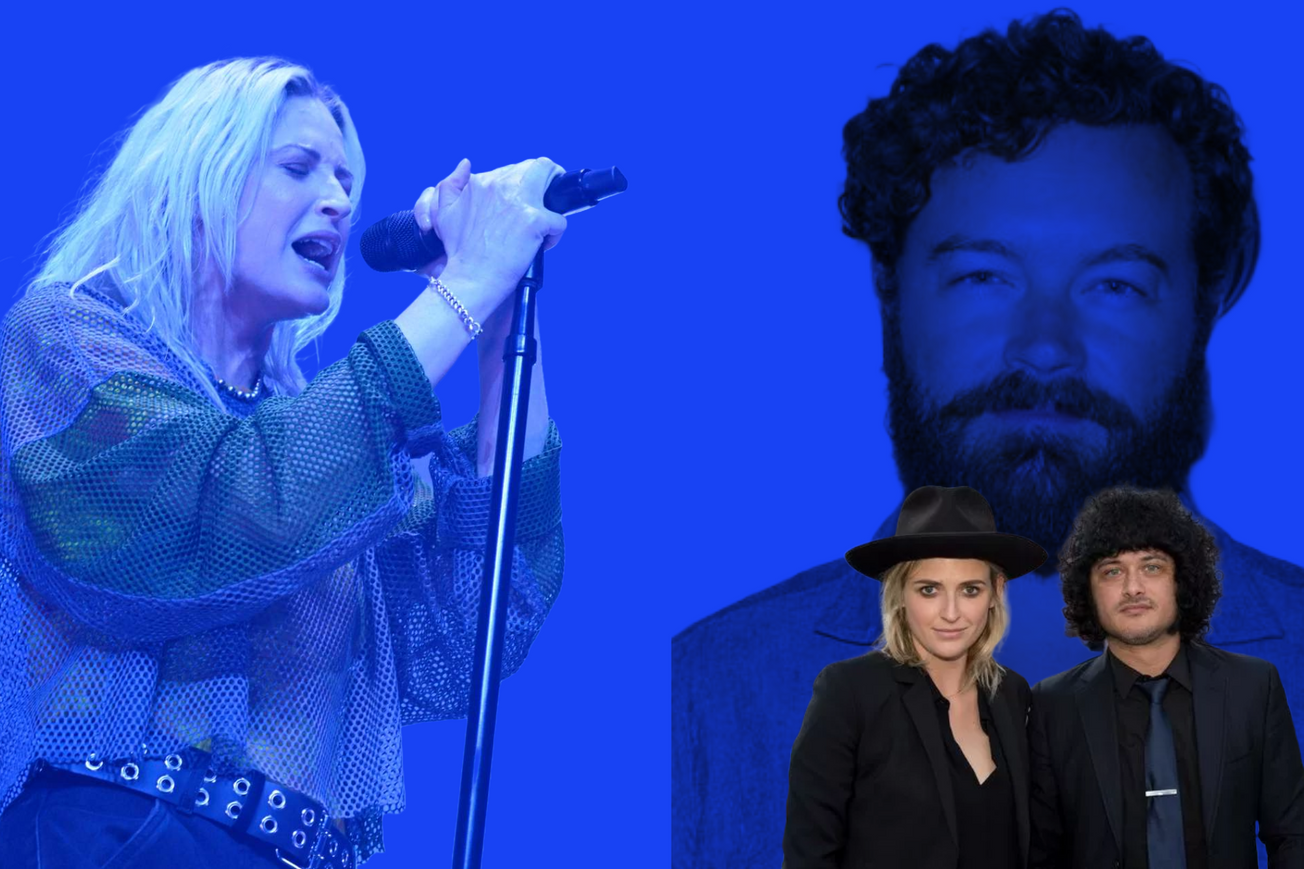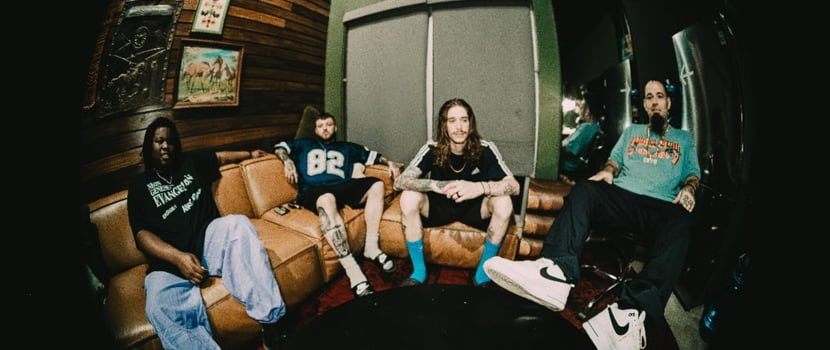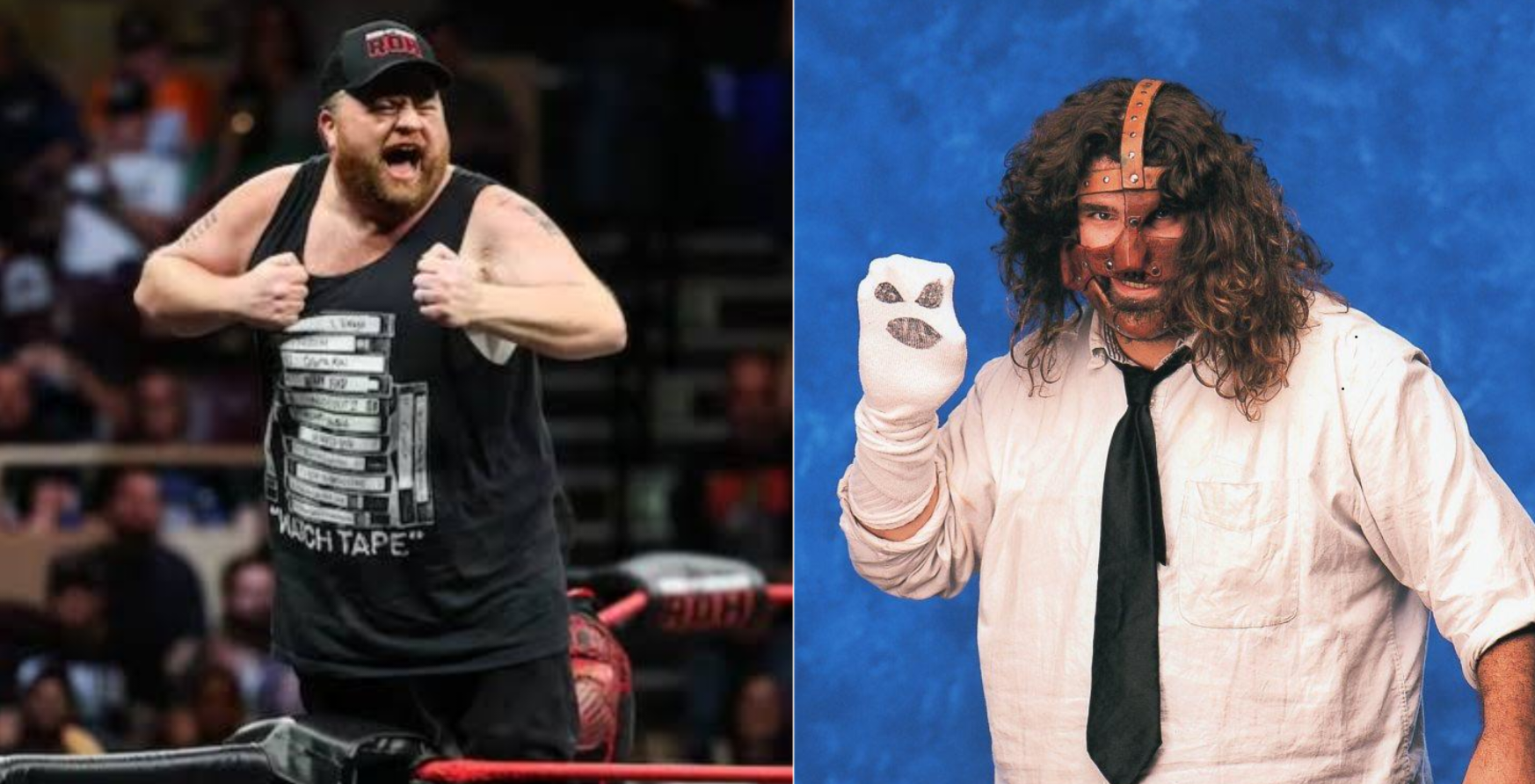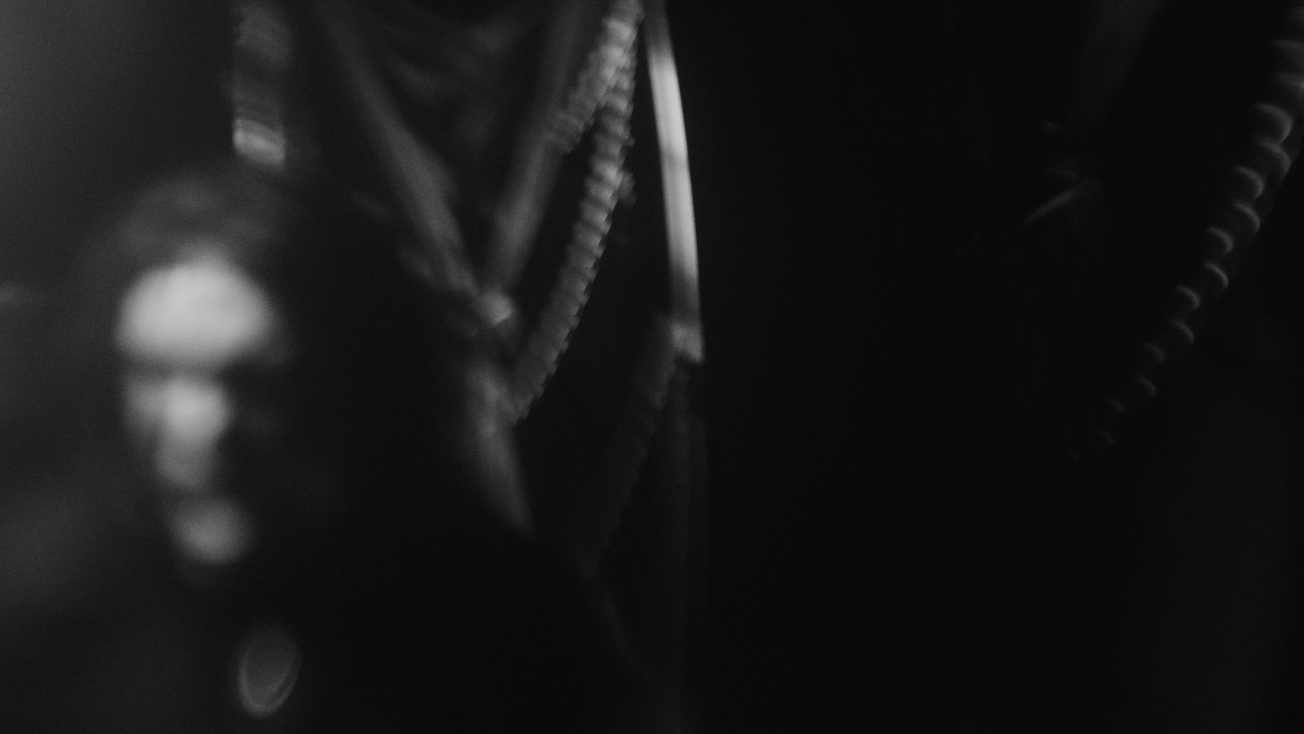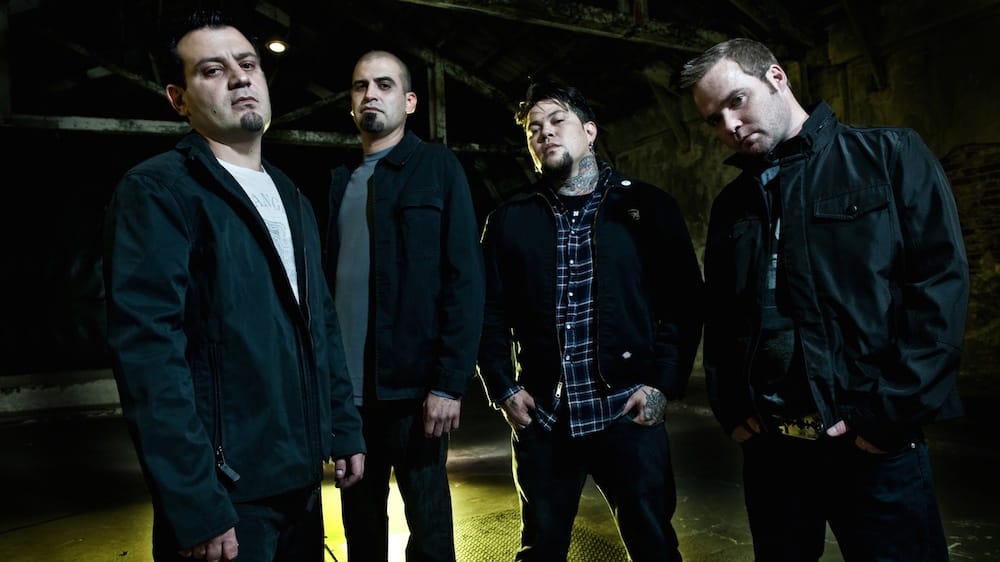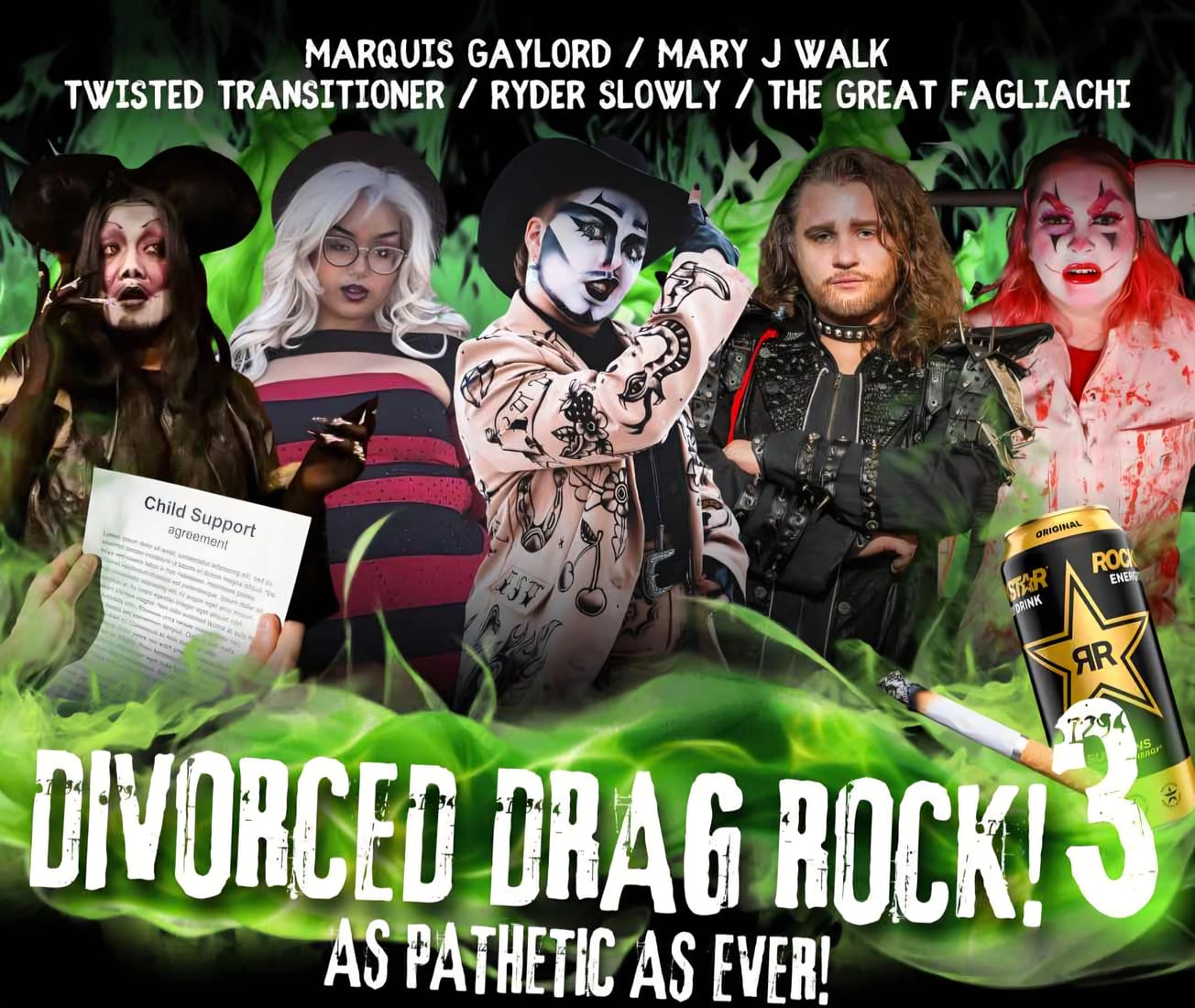When Emily Armstrong took the stage alongside the newly reformed Linkin Park (minus some original members) on September 5th, her intensity, presence, and muscular voice hit everyone watching with a force that arrived intensely flanked by a flood of material that the band announced simultaneously, including a new single (and music video), an album announcement, and six tour dates in various locations around the world. It was an overwhelming hour or so, and I personally witnessed a lot of joy shared by a lot of people for whom that band meant the literal world at one time in their lives.
In 2024, moments like that can be especially short-lived. As is seemingly a constant possibility in our current cultural moment, it wasn't long before information began to circulate that pointed to some polarizing aspects of her personal history.
First, a little background. Emily Armstrong has had a long career in the alternative and hard rock scene. After learning to play guitar and sing at a young age, she eventually dropped out of high school and co-founded the LA-based hard rock band Dead Sara in 2005. The band released four EPs and three full-length albums between 2012 and 2021, with their debut self-titled LP reaching number 16 on the Heatseekers charts and their 2015 release Pleasure To Meet You reaching number 2 on Heatseekers and number 7 on the US Hard Rock charts. Emily has cultivated a fanbase around her signature gritty, fry-heavy vocals as well as her more melancholic, soulful clean delivery across the band's catalog. As of the date of this writing, Dead Sara continues to have a solid following on Spotify, with over 166,000 monthly listeners.
Mike Shinoda set about recruiting Emily Armstrong for Linkin Park 2.0 after being impressed by her vocal talents in Dead Sara. "When I started to hear Emily’s voice on things, it was like the first time that my brain would accept it as a Linkin Park song,” Shinoda told Apple Music’s Zane Lowe in a band interview posted Sept. 6. “And then all of a sudden we’re here and it’s very real, and it’s really big.”
The first properly sourced new information comes from Cedric Bixler-Zavala of At the Drive In and the Mars Volta, who called out Armstrong for her support of Danny Masterson during his rape trial as well has her links to Scientology, which is viewed by many as at best a problematic, highly secretive institution and at worst a cult. Bixler-Zavala's wife, Chrissie Carnell-Bixler, was one of several women who accused the That 70's Show actor of rape, charges that ultimately led to a guilty conviction of 30 years to life.
Bixler-Zavala's statement reads on Instagram:
"I left this on [Dead Sara's] account, 'I'm surprised none of you wrote a letter on Danny Masterson's behalf since your corny ass signer showed up to support him in the prelims. Remember Emily? Remember how your fellow scientologist goon squad surrounded one of the Jane Doe's when she was trying to leave the elevators? The court sheriffs had to escort her away from your awful cult. Remember when we did the purification run down Emily? Were you directed to safe point me because of what my wife knew? Why can't you shut your mouth during a detox program where people are going through some rough shit but your corny ass is singing like an unsupervised child? Is it cuz you're a born in scientologist that gets a pass? How do you reconcile the homophobia found in the teachings of LRH's book dianetics? Do your fans know about your friend Danny Masterson? Your rapist friend."
Further verification is shown via Getty Images of Armstrong among the Scientology Celebrity Centre 44th Anniversary Gala alongside Bixler-Zavala, who left the church following his wife's public statements regarding Masterson assaulting her and the alleged cover-up by the church. It has also been confirmed via a Tony Ortega article from 2020 that Emily Armstrong was one of Masterson's longtime friends prior to the actor's initial arraignment on criminal charges.
While further details of her upbringing in Scientology (as pointed out by Bixler-Zavala), her seemingly longstanding friendship with Danny Masterson, and her subsequent public support of him (at least during the preliminary stages of his trial) are yet to be uncovered, it instantly casts a dark shadow over the return of Linkin Park. More needs to be brought to light, and the correct course of action for music and investigative journalists alike is to keep digging. Both Armstrong and Linkin Park (as well as her founded band Dead Sara) would do well to address these allegations.


